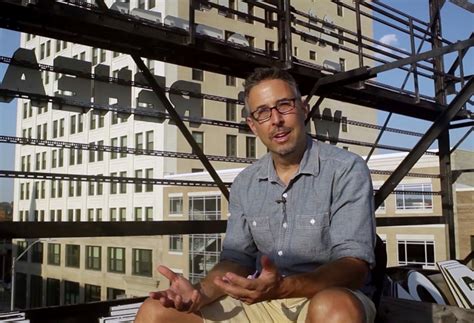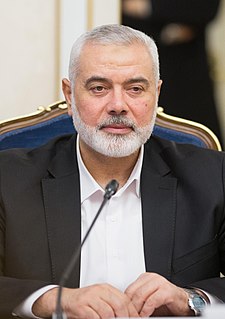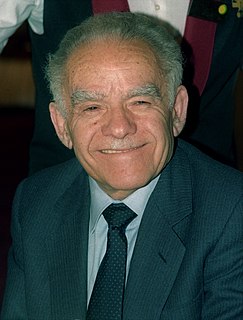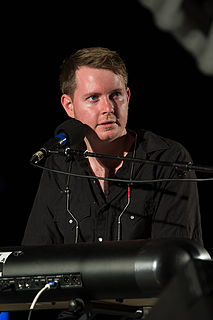A Quote by Bernard Lewis
If the conflict is about the size of Israel, then long and difficult negotiations can eventually resolve the problem. But if the conflict is about the existence of Israel, then serious negotiation is impossible.
Related Quotes
When you have a conflict, that means that there are truths that have to be addressed on each side of the conflict. And when you have a conflict, then it's an educational process to try to resolve the conflict. And to resolve that, you have to get people on both sides of the conflict involved so that they can dialogue.
We've always defined conflict fairly broadly from ideological conflict to troops on the ground. For quite some time we've talked about a focus on Palestine. Certainly no one can deny that Israel is conflict with Palestine and no one can deny that the U.S. is the largest supporter of Israel internationally - not only financially, but also in the United Nations where the United States is one of the very few countries that does not recognize Palestine as a state.
Look at the Israel-Palestine conflict, for example. If you look at a map from 1947 to now, you'll see that Israel has gobbled up almost all of Palestinian land with its illegal settlements. To talk about justice in that battle, you have to talk about those settlements. But, if you just talk about human rights, then you can say, "Oh, Hamas violates human rights," "Israel violates human rights." Ergo, both are bad.
Let me be clear: I unequivocally support a two-state solution as the path to resolution of the Israel and Palestinian conflict, with Israel as the national homeland for the Jewish people. Moreover, I reject the demonization and de-legitimization of Israel represented by the BDS narrative and campaign.
When these resources are degraded or polluted, then there are fewer of them for the rest of us, and then we start competing for them and eventually as we compete, there are those of us, who have the capacity, who have the ability to be the controllers, to decide who accesses them, how much they access, and eventually there is a conflict. Those who feel marginalized, those who feel excluded, eventually react in an effort to get their own justice, and we have conflict.
I kind of came from the Townes Van Zandt school of throwing yourself off a cliff and then that's what you write about, and that rule number one of creative writing is you have to have conflict. But if you write about yourself mostly, then if you don't have conflict, then you create it. And the older I get, the more I realize that that's not a very smart way to do this. Not to say I'm the most self destructive person on earth, but it's easy to do.
If one accepts Hezbollah's self-description as a resistance movement, in which case one must, in light of the fact that Hezbollah never ceases to provoke, view Israel's mere existence as a continuing act of aggression, then Hezbollah has indeed shown that it can initiate conflict, resist, and survive.
Even as we do all that's necessary to ensure Israel's security, even as we are clear-eyed about the difficult challenges before us, and even as we pledge to stand by Israel through whatever tough days lie ahead, I hope we do not give up on that vision of peace. For if history teaches us anything, if the story of Israel teaches us anything, it is that with courage and resolve, progress is possible. Peace is possible.








































